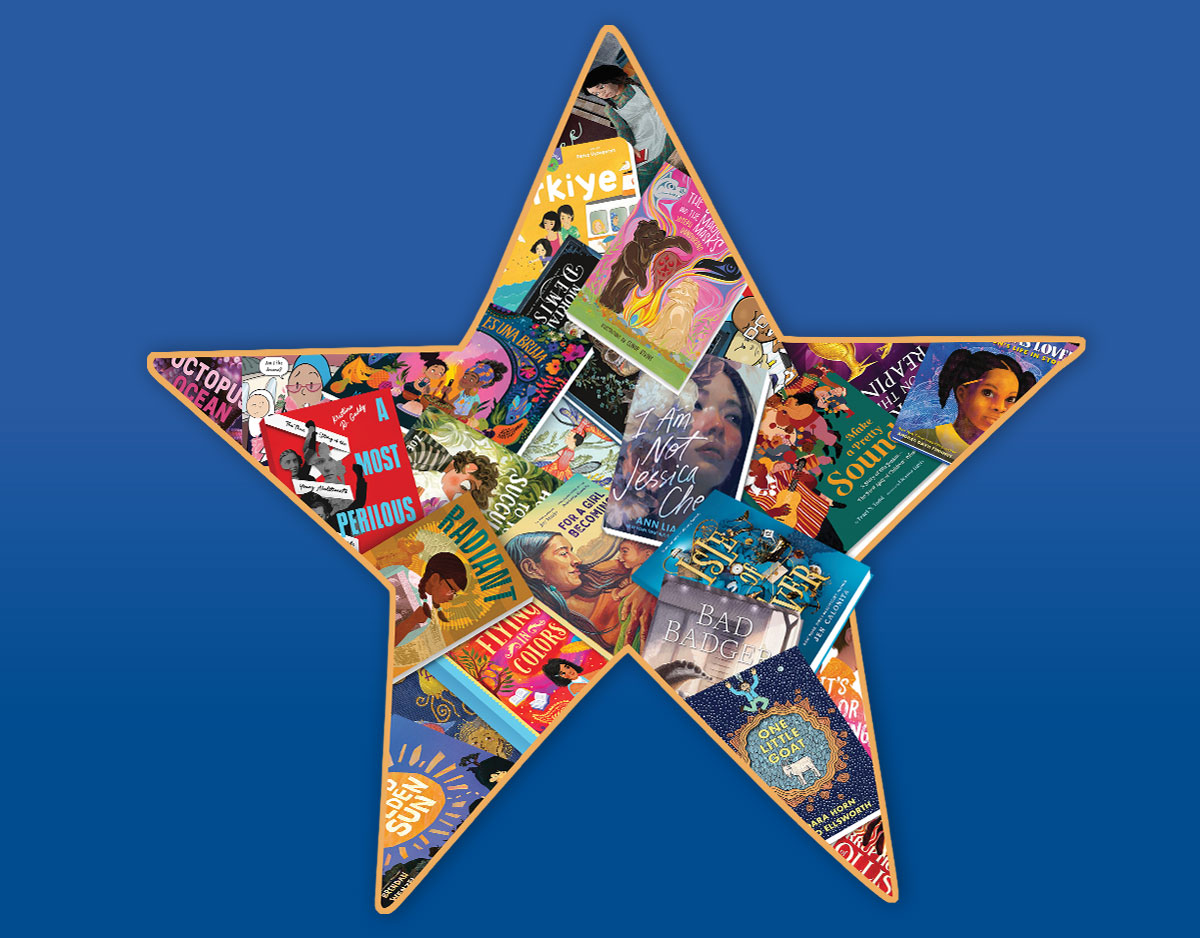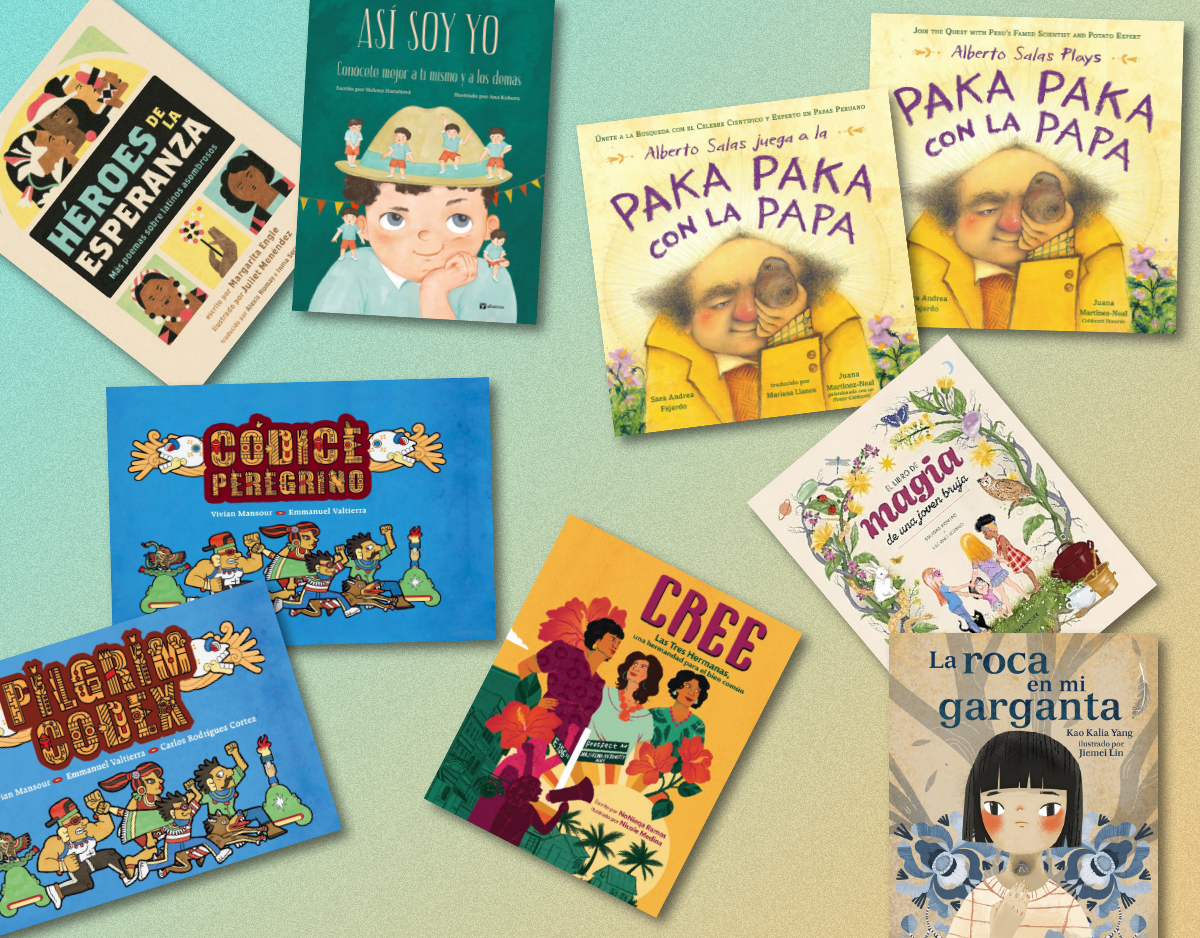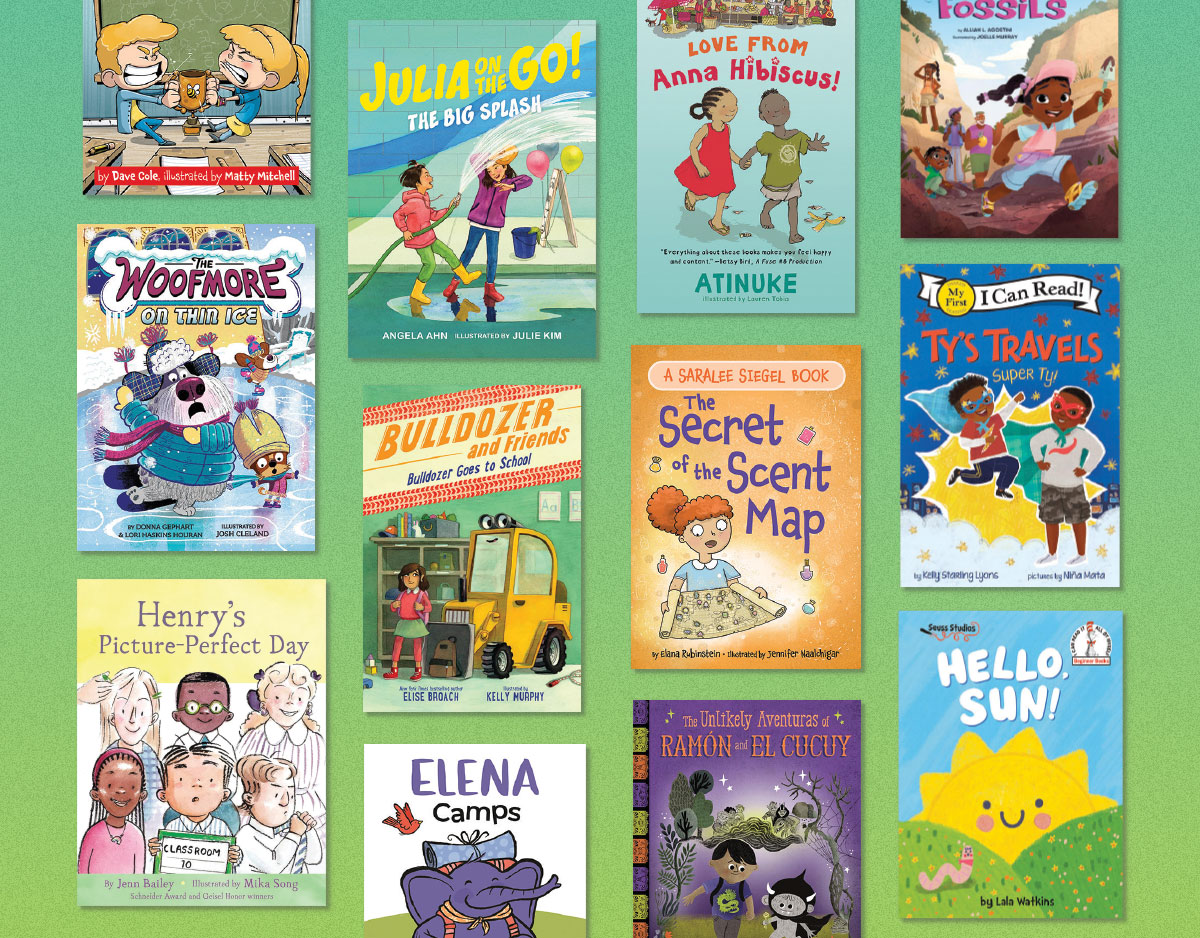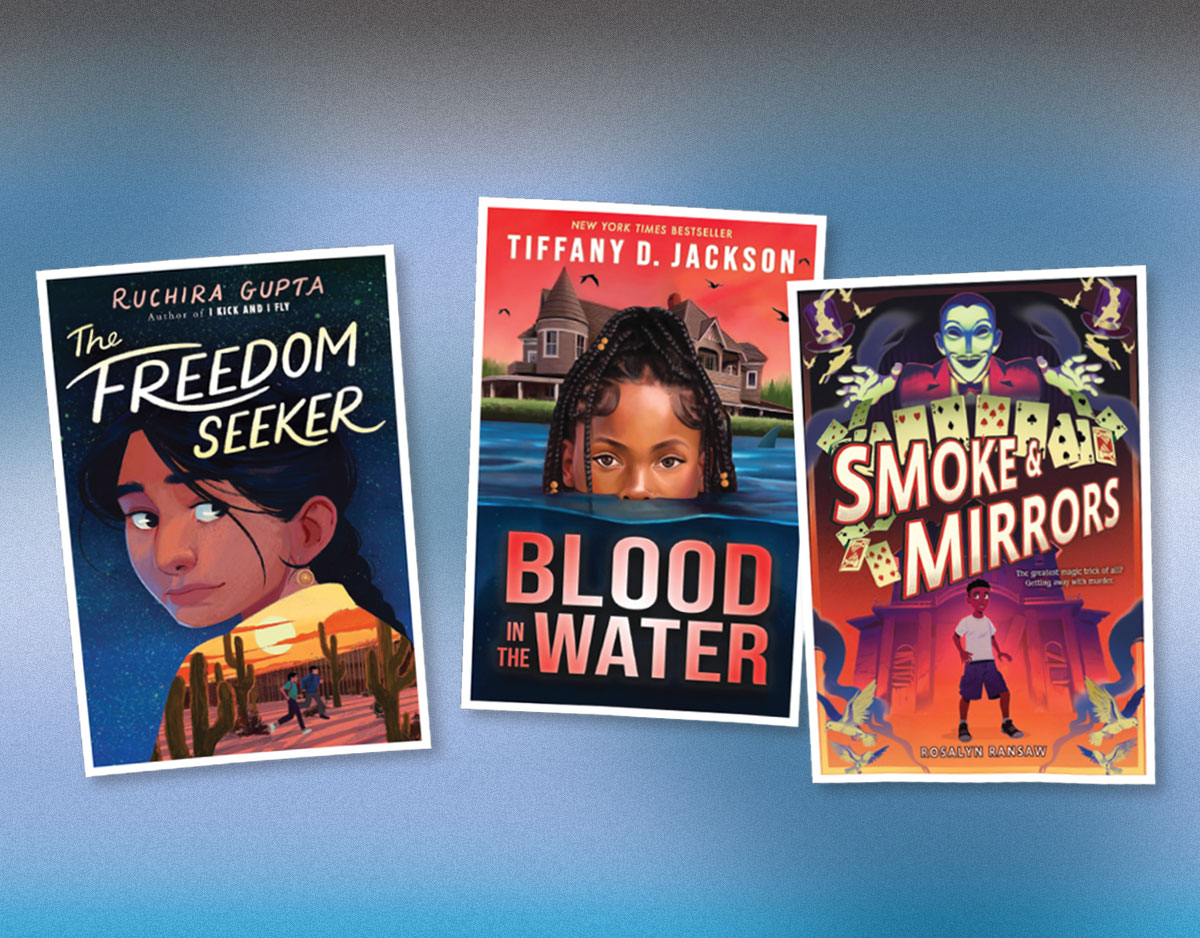SCROLL DOWN TO READ THE POST
#highschoolchat: Help Erin raise the student voice!
 It’s tough to make a hashtag sticky. Especially if you are a high school junior.
It’s tough to make a hashtag sticky. Especially if you are a high school junior.
So I hope you will share this with your own students who want to share their voices.
A while back I introduced you to Erin (@talkabouths). She’s one of those students who is passionate about raising her own voice. She cares deeply about what happens in school.
She also gets social networking.
Erin currently blogs as a student member of the Pennsylvania State Board of Education. But what she really wants, is to begin a national (international?) student dialog. To get her fellow high school students engaged in powerful conversation on Twitter. And I believe that we educators could learn quite a bit from hearing student voices like hers.
ADVERTISEMENT
ADVERTISEMENT
Erin would like to begin a student Twitter chat, a question for each month using the hashtag, #highschoolchat.
For January, she poses this question:
Is academic tracking beneficial to schools and students? How has it impacted your education?
Her post this month explains #highschoolchat:
Our Junior year of high school is almost universally characterized by compulsive talk about college options, dark circles under the eyes, and late nights laden with homework. Junior year is one which is under close scrutiny; one which it seems will determine our future success in life. It makes sense that students feel pressure to incorporate as many honors and advanced placement (AP) courses into their schedule as possible.
Some see this as pure opportunity for motivated students to personalize their schedule and delve more deeply into their interests. Others look at honors and AP ‘tracking’ as limiting to students who do not place into higher level courses early in their educational career. Tracking places students into course levels defined by difficulty level and pace.
Honors classes group students based on success in prerequisite courses. AP courses are elective classes, regulated by the College Board, which then offers tests for college credit at the end of the year long course. Schools determine the rigor and content of honors courses for themselves, and any class offered by the school could also be offered as an honors class.
Tracking began in the 1920s, when many students did not attend college after high school. Tracks were initially college preparatory, academic, business educational, or vocational (trade based). They were intended to benefit students by tailoring their high school education to the needs of their immediate future.
Schools groom students for bigger and better things with each graduating class. Some say that academic tracking remains effective in its original intent: it allows students to work at their own pace, with others who are comfortable working on the same speed and content. Some see tracking as means to discriminate in schools. Some even say it goes against the right of students to work in the “least restrictive environment”.
This month, I’m asking students and members of school communities to reflect on academic tracking in your own schools. Is academic tracking beneficial to schools and students? How has it impacted your education?
Some things to think about: Does your school offer honors and AP courses? What variety of classes is offered? How early are classes divided into academic or honors? Have you taken honors or AP courses? How have these courses impacted your workload, depth of knowledge, and work ethic?
Tweet into the discussion on the hash tag #highschoolchat.
Filed under: social networking, twitter
About Joyce Valenza
Joyce is an Assistant Professor of Teaching at Rutgers University School of Information and Communication, a technology writer, speaker, blogger and learner. Follow her on Twitter: @joycevalenza
ADVERTISEMENT
SLJ Blog Network
Name That LEGO Book Cover! (#65)
Review of the Day: This is Orange by Rachel Poliquin, ill. Julie Morstad
Betty & Veronica: Summer Fun in the Sun | Preview
Heavy Medal Suggestions: 73 Titles and Counting
Like This, Try That: K-Pop Demon Hunters
The Classroom Bookshelf is Moving
ADVERTISEMENT
ADVERTISEMENT






